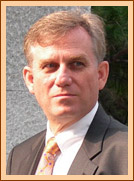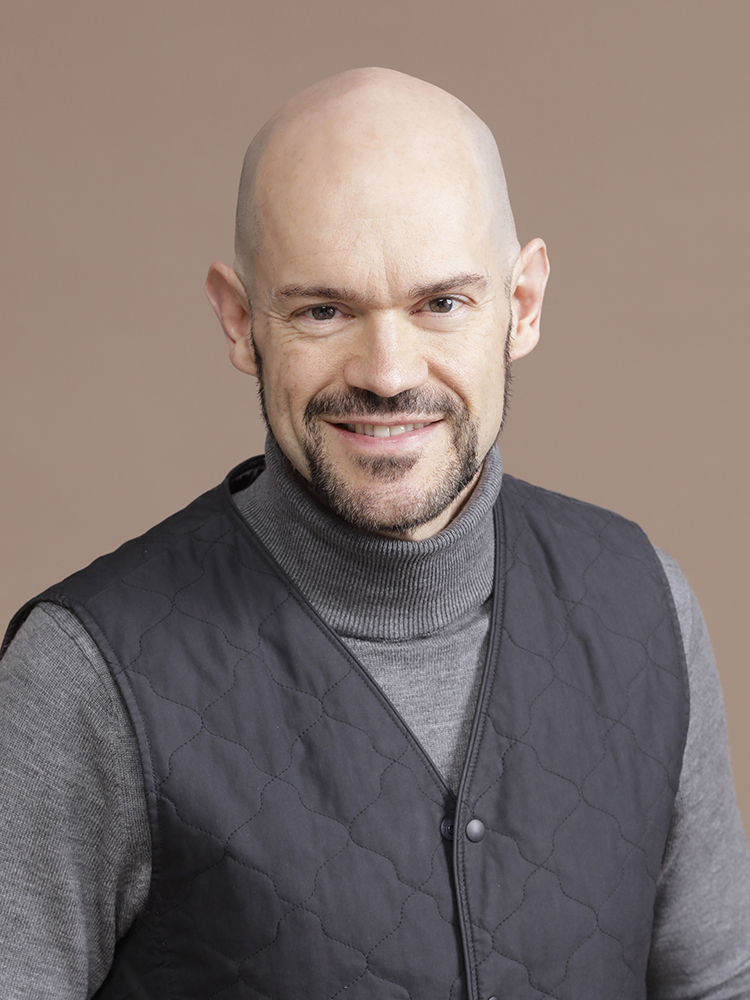 Steve McKinney is president of McKinney Consulting, a leading executive search firm in Seoul, and the seventh interviewee in our Korea Business Interview Series hosted at KoreaBusinessCentral.com.
Steve McKinney is president of McKinney Consulting, a leading executive search firm in Seoul, and the seventh interviewee in our Korea Business Interview Series hosted at KoreaBusinessCentral.com.
To listen to the interview or download the .mp3, read the transcript and discuss his interview with members of Korea Business Central, visit the following discussion link: [EXPIRED LINK REMOVED: https://stevenbammel.com/category/archives/kbcforum/topics/korea-business-central-5].
(The full list of interviews in the Korea Business Interview Series is kept here:https://stevenbammel.com/post/kbc_korea_business_interviews)
Main points of the Interview:
Topic #1 – Overview of the Executive Recruiting Environment
- The international population in Seoul has increased by about 18% over the past five years but foreigners still make up only about 2.4% of the total population. 69% of that increase is made up of migrant workers and spouses. Only about 4% of the total international population is made up of business professionals.
- The number of foreigners executives in Korea is relatively small due, in part, to the trend toward localization within multinationals, where the number of Korean staff is maximized while minimizing the number of foreign executives.
- Hiring of foreign staff in the financial and technology sectors is growing strongly in Korea. Other prominent areas include life sciences, healthcare and consumer goods.
- Senior-level executive positions that executive search firms are active in filling include country managers, as well as financial and marketing roles.
- Korean talent is gradually finding positions in international positions, especially in the financial, business services, management consulting and automotive sectors. Top destinations include Singapore and China.
Topic #2 – Myths and Realities of Working in Korea
- Most C-level positions are filled by the respective MNC’s home office.
- Very few who start in Korea by filling English-level/editing positions end up moving beyond that into other professional positions in the Korean business world.
- Non-Koreans don’t get great jobs just because they are foreigners. Koreans are also very well-educated and companies hiring foreigners have to prove to the Korean government why a particular position can be best filled by a non-Korean.
- It can be very risky to come to Korea to teach English hoping to return to one’s original career track once established in Korea. Future prospective employers may not understand how the English position fits into an overall career strategy.
- It is not impossible to break out of the English profession and into a business position; some achieve it.
Topic #3 – Personal Branding and Getting a Job in Korea
- Networking is a key part of getting a mid-level non-C level position in Korea.
- Working on one’s resume and making sure one presents oneself attractively to a prospective employer is a key success factor. A surprising number of applicants don’t bother with this.
- A positive outlook to finding a good job is a very important first step in branding oneself.
- An effective professional brand involves coming up with five to ten of the most important accomplishments in one’s life, creating a three-sentence narrative about each and then identifying one’s success patterns. These are described in a report by Steve on his website. Click here to view[EXPIRED LINK REMOVED: https://mckinneyconsulting.com/content/view/140/28/].
- Promoting oneself requires one to have a “60-second commercial” about oneself that includes facts and figures. For example, “I helped increase sales by 20% in my company” can be greatly improved by rewriting as “I was able to increase sales by 20% in the company by adding three more clients and expanding the business that I had with five others. The results were that we had an increase of $1 million in profit.” It’s not bragging; it’s stating facts.
- It’s not just candidates that are in a pressure position. Employers also need the hiring process to work well. Sometimes the same person doing the same job in a particular industry could be an absolute success and a superstar in one company and a total failure in the other. Candidates must convince the employer that they will deliver results.
- The most common mistakes job candidates make on their resumes include making typographical errors, making them too long, not putting enough numbers, not describing enough of one’s success factors and achievements, leaving too many things up for guessing or leaving gaps in employment history.
- It’s best to apply for a job using the title that one is interviewing for and not choose something that sounds better to the candidate.
- Taking too much information to an interview can be risky, also. Just showing up at an interview with one’s resume is best, unless asked in advance to bring a presentation.
- The object of a resume should be to give a true picture, not to overstate or understate. Koreans tend to understate; Westerners often overstate.
- Psychometric tests can be helpful in determining what one would be good for. Also, talking with a professional in the field is a suitable way to assess oneself.
- Recommended books: What Color is Your Parachute, Hire With Your Head and Deciding Who Leads.


